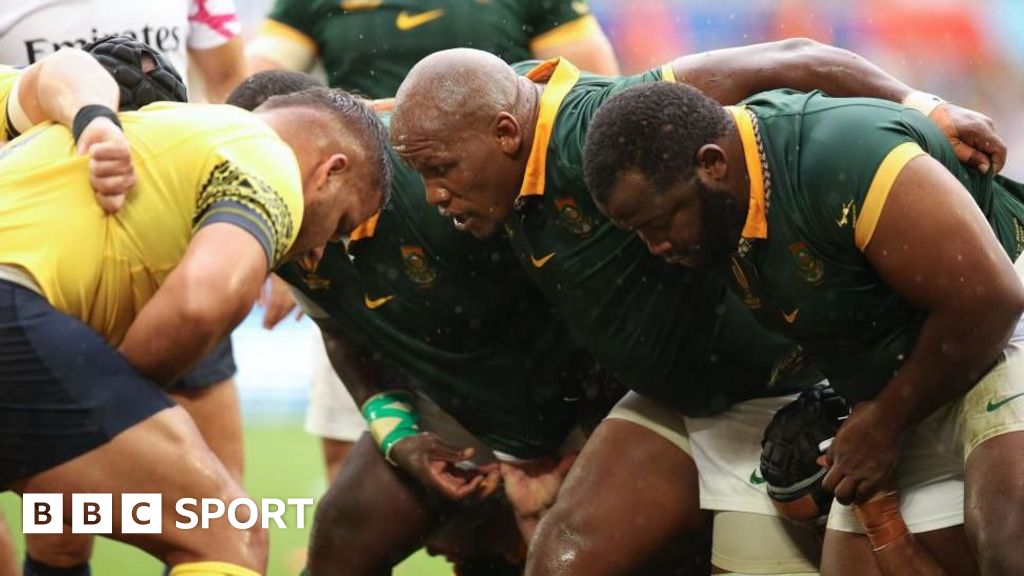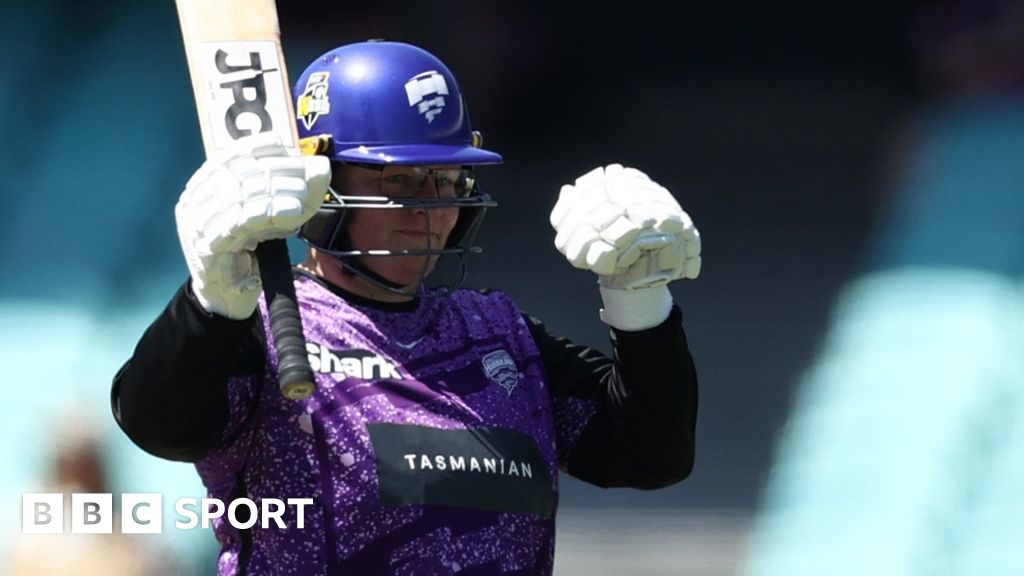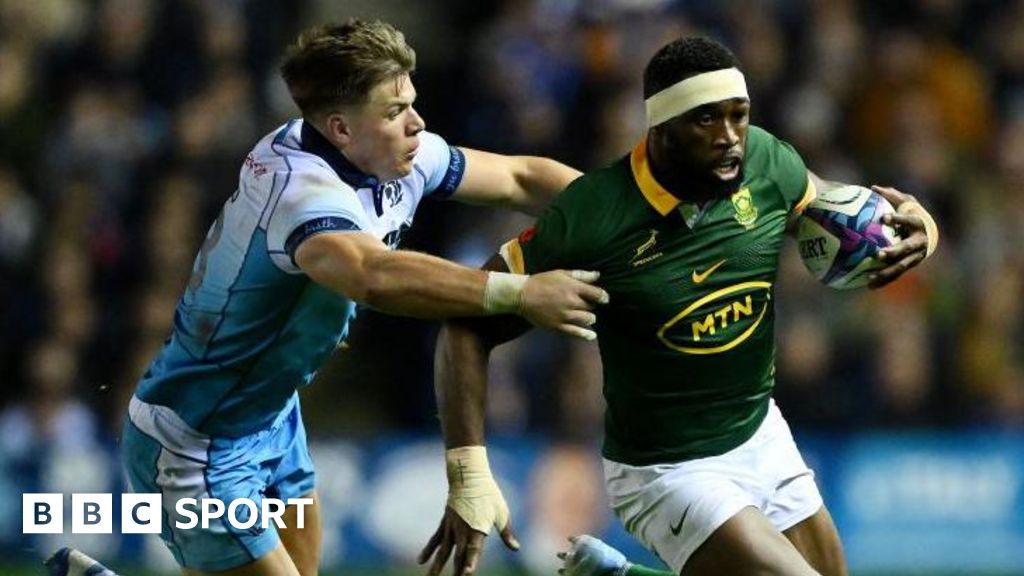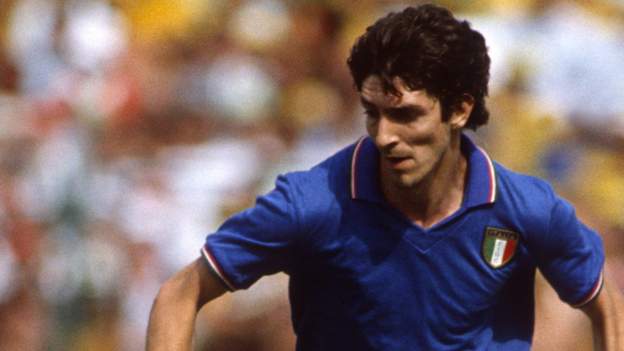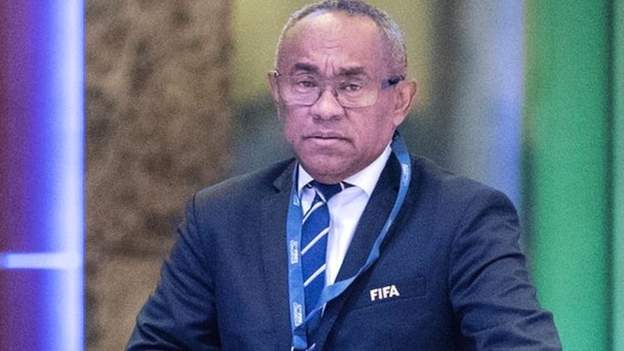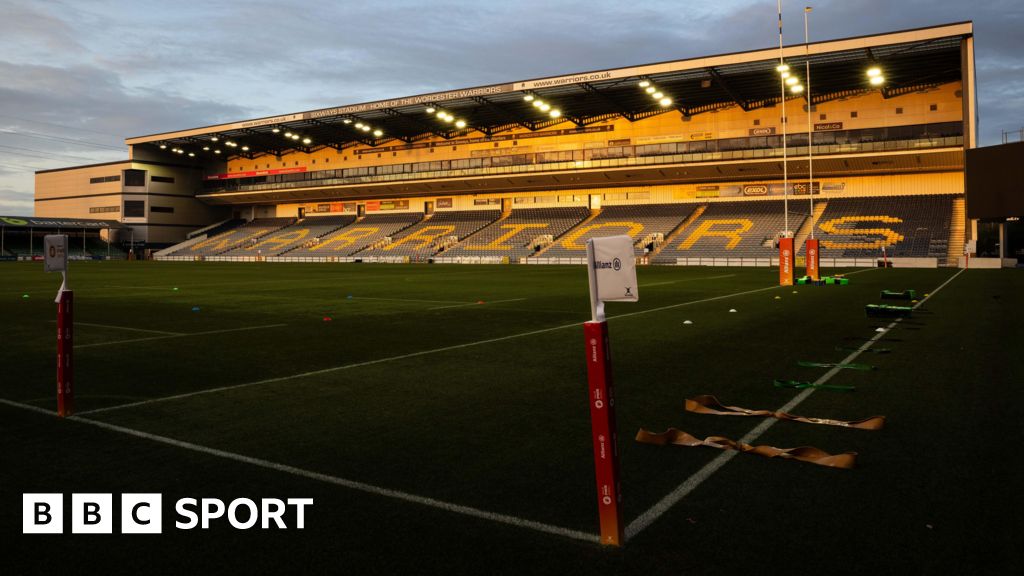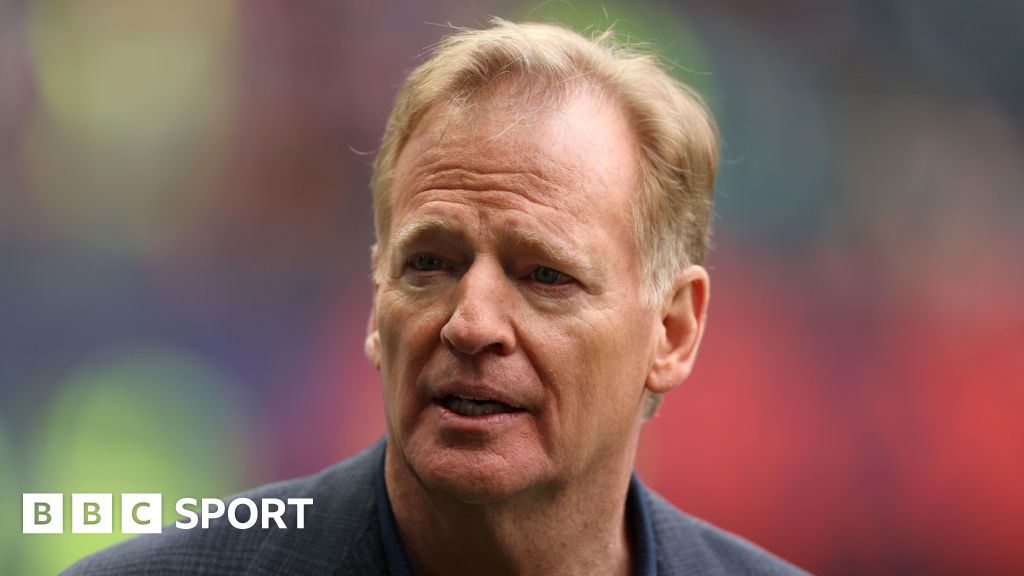Italy’s 1982 World Cup hero Paolo Rossi has died aged 64, his family says.
Rossi became a household name after leading the Azzurri to victory at the tournament in Spain, finishing as top scorer and being named best player.
At club level he first came to prominence as a prolific scorer for Vicenza, earning a move to Juventus and later playing for AC Milan.
His death was announced on Thursday, following what Italian media report had been a long illness.
Rossi’s wife Federica Cappelletti posted a picture of them together on social media with the words “Per sempre” (“forever”).
She did not disclose the cause of his death.
Rossi scored 20 goals in 48 appearances for the Italian national side, and more than 100 Serie A goals during spells with Vicenza, Perugia, Juventus, Milan and Verona.
Following his performances at the 1982 World Cup, he was awarded the Ballon d’Or which at the time was given to the European footballer of the year.
After retiring from football in the late 1980s, Rossi worked as a pundit for Sky, Mediaset and Rai.
The Italian football federation (FIGC) said flags would fly at half-mast at its headquarters in Rome and its technical centre in Florence.
“Pablito’s passing away is another moment of deep pain, a wound to the heart of all fans that is difficult to heal,” said FIGC president Gabriele Gravina.
“We’ve lost a friend and an icon of Italian football.
“In spurring the national team on to success in 1982, he had Italians celebrating in squares across the country, both for him and with him.
“He indelibly tied his name to the Azzurri and, through his style of play, inspired numerous strikers of future generations.”
A statement from Vicenza, who Rossi helped win promotion to Serie A in 1977, said: “Sometimes there are simply no words to express the pain we are all experiencing.”
Milan, where he played in the 1985-86 season, said Rossi would “forever be in our memory”.
World Cup success was Rossi’s ‘personal redemption’
Rossi wrote his name into footballing folklore with his displays at the 1982 World Cup – although he nearly missed the competition after being implicated in a match-fixing scandal.
Although Rossi maintained his innocence, he was banned from football for three years after being accused of taking part in the 1980 Totonero scandal.
This suspension was reduced to two years on appeal, meaning he was available to play at the World Cup in Spain.
Rossi later described going on to win the tournament as a “personal redemption”.
The tournament started with a whimper for both Italy and Rossi. The Juventus striker failed to score in the opening group stage as Italy drew all three games to scrape through.
The Italians looked far from World Cup contenders – until Rossi, whose performances had come under criticism, found his sharpness in front of goal in the crucial meeting with Brazil in the second group stage.
Rossi scored a hat-trick as Italy won 3-2 to reach the semi-finals, then scored both goals against Poland as Italy set up a meeting with West Germany in the final.
A tense final swung Italy’s way when Rossi scored the opening goal in the second half, the Azzurri going on to win 3-1 and become world champions for a third time.
“On one hand I felt fulfilled. I said to myself, ‘you’ve made it’,” Rossi later said about the triumph.
“On the other hand, I was disappointed that all of this just ended. The World Cup was over.
“[But] when you win something important it’s not just about the trophy. It’s about the group you win it with, it’s about your entire career that took you there.”
‘Iconic Rossi part of Italian history’
Italy’s triumph sparked an outpouring of emotion back home, providing national unity and joy at a time when the country was beset by political and social unrest.
Those images of Rossi and his team-mates becoming world champions will forever be ingrained in the country’s culture, says Italian journalist Daniele Verri.
“We are all shocked here because Paulo Rossi is such an iconic figure for Italian football,” Verri told BBC World Service.
“He is part of Italian history that goes beyond football.
“For those who were lucky enough to see him play in the 1982 World Cup we cannot ever forget what he did.
“The images of Spain 82 are part of Italian culture.”





